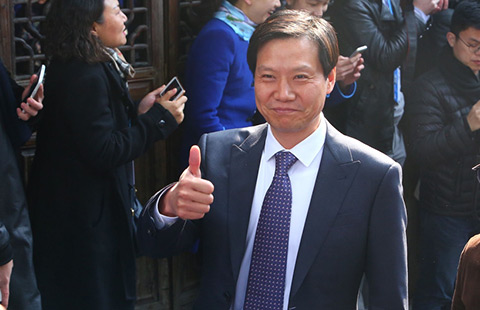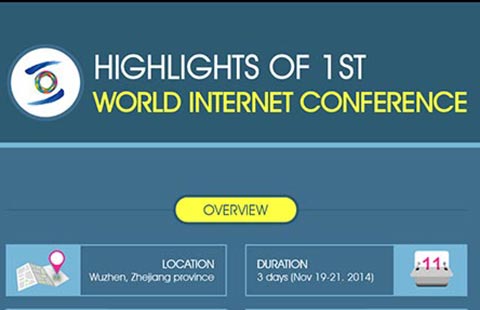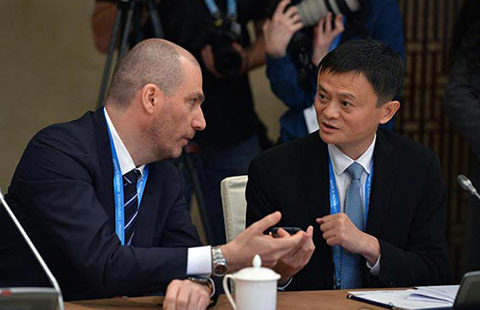IP laws should focus on boosting creativity
By Zhang Zhao (China Daily) Updated: 2015-12-18 08:09Intellectual property officials from government and international organizations said that they faced challenges in the Internet era, and called for balance between IP protection and innovation.
They made the call at a sub-forum of the World Internet Conference on Thursday in Wuzhen, Zhejiang province, on the theme of "IP perspectives on innovation and creativity".
"Traditionally the IP system works in the physical world and is essentially territorial, but with the advancement of the Internet, IP is faced with new challenges that need urgent attention," said Wang Binying, deputy director-general of the World Intellectual Property Organization.
While the aim of IP protection is to encourage innovation and to maintain the market environment, over-protection must be avoided, said Yan Xiaohong, deputy chief of the National Copyright Administration.
"Insufficient protection will make the profit unable to cover the investment, which will harm innovators' passion, but unlimited protection leads to a monopoly," he said.
Yan was echoed by Rory Voller, acting commissioner of South Africa's Companies and Intellectual Property Commission, who said: "Many have abused the system of protection, especially in the technology sector."
He said the growth of the Internet has put huge pressure on the traditional IP laws, which "ignored the unique characteristics of the Internet", noting that the Internet is based on a highly-interactive, fast-moving and dynamic community, where knowledge and information sharing is the tide.
Michele Woods, WIPO director of the copyright law division in charge of the creative industry sector, said there are some recent trends in IP lawmaking in the Internet era.
One of them is that "everyone is an innovator", she said. "Challenges to traditional models are posed by the user-generated content. Traditional distribution channels and the media industry have been disrupted, and new business models have evolved to respond to the shift in the creation-and-consumption patterns.
- Lenovo's Eloan wants to be 'Uber' in P2P lending
- Web heavyweights set aside differences
- What they say on Xi's proposals
- Tech giants place emphasis on the Internet of Things
- Company leaders: Web tech crucial for traditional industry upgrade
- Beijing, Moscow seal more than 30 deals
- Tech innovation to help narrow information gap
- Share of global exports set to reach 13% this year
















